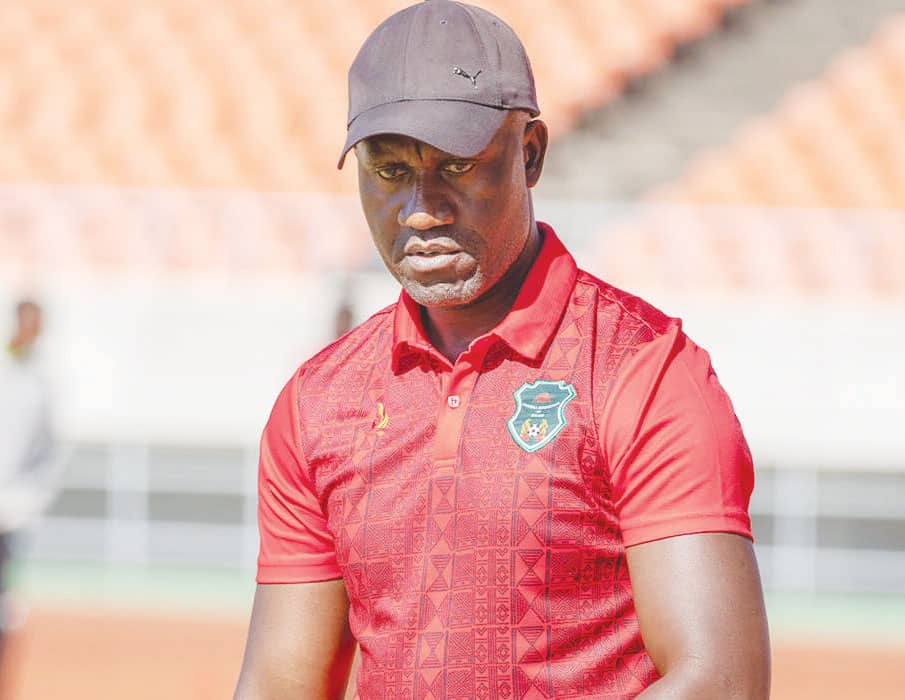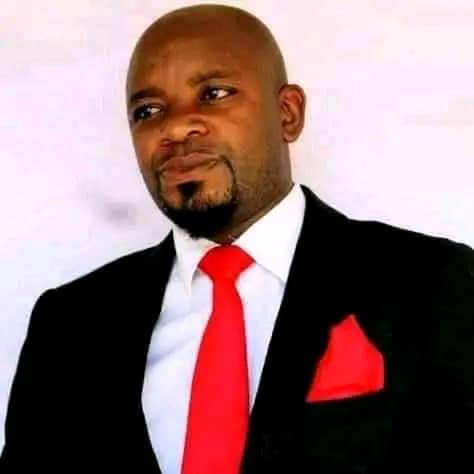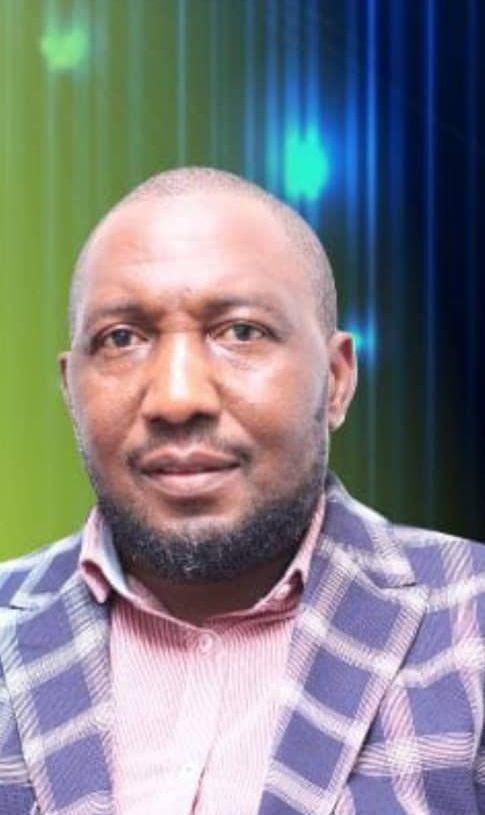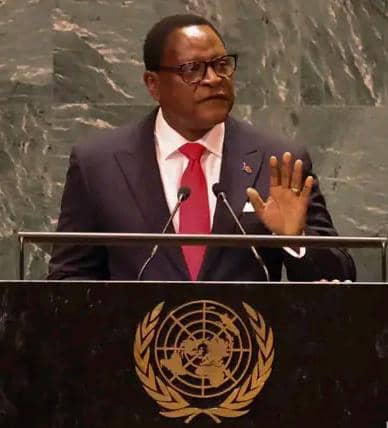By Burnett Munthali
The recent 4-0 defeat of the Malawi national football team by Senegal has sparked intense debate among fans, analysts, and football stakeholders regarding the future of Coach General Patrick Mabedi. While the defeat raises questions about his coaching abilities, it also sheds light on deeper issues within Malawian football. This article examines whether to keep or fire Coach Mabedi, the underlying problems in Malawian football, the lessons learned from the defeat, and the potential way forward.
Since taking charge, Coach Mabedi has faced significant challenges in revitalizing the national team. While he has shown a commitment to developing young talent and promoting a cohesive team dynamic, the heavy loss to Senegal puts his strategies under scrutiny.
Supporters of Mabedi argue that he needs more time to implement his vision and cultivate a winning team. They believe that a sudden dismissal may not address the underlying issues and could disrupt team morale. However, critics point out that a 4-0 defeat, especially against a team like Senegal, highlights tactical deficiencies and a lack of preparedness. For a national team that aspires to compete at higher levels, this result raises serious concerns about the coaching approach and direction.
The defeat to Senegal is indicative of broader systemic issues within Malawian football:
Firstly, Malawi lacks a robust youth development program. Many promising young players do not receive the necessary training and resources to reach their full potential. This lack of infrastructure hampers the national team’s ability to cultivate talent.
Secondly, the national team has struggled with consistency, often delivering lackluster performances against stronger opponents. This inconsistency stems from inadequate tactical preparation and player selection, leading to underwhelming results.
- Pressure Mounts on Attorney General Frank Mbeta as CDEDI Demands Resignation
- Nathenje Communities Laud APM’s Governance
- SKC memorial golf tourney March 28
- Ayuba James: A Steadfast Voice of Integrity Within the MCP
- Mighty Wanderers FC Set for CAF Champions League Return After Mpinganjira Green Light
Thirdly, governance within the Football Association of Malawi (FAM) has often been plagued by inefficiencies. Poor management and a lack of clear direction hinder the overall development of football in the country.
Fourthly, while some Malawian players find success abroad, the exodus of talent can leave the national team short on experienced players. This situation limits the squad’s ability to perform consistently at international levels.
Lessons learned from the defeatMalawi football team crushed like a thief in Senegal, concedes four unanswered goals
The 4-0 loss to Senegal provides several crucial lessons for Malawian football:
Tactical awareness: Effective match preparation and tactical awareness are vital. Analyzing opponents and developing strategies are essential for competing at higher levels. This defeat underscores the need for a more rigorous approach to game preparation.
Team cohesion: Building a cohesive team requires continuous training and strong communication among players. The lack of chemistry can lead to poor performance on the pitch, as seen in the recent match.
Accountability: The performance of the national team should be subject to evaluation and accountability. Both players and coaches must be held responsible for their roles, ensuring that everyone is committed to improvement.
Solutions
To address the challenges facing Malawian football, a multifaceted approach is necessary:
- Pressure Mounts on Attorney General Frank Mbeta as CDEDI Demands Resignation
- Nathenje Communities Laud APM’s Governance
- SKC memorial golf tourney March 28
- Ayuba James: A Steadfast Voice of Integrity Within the MCP
- Mighty Wanderers FC Set for CAF Champions League Return After Mpinganjira Green Light
Firstly, Whether to keep or fire Coach Mabedi should involve a thorough evaluation of his strategies, player development efforts, and overall impact on the team. If a change is deemed necessary, appointing a coach with experience in international football and a successful track record in developing players is crucial.
Secondly, FAM must prioritize investment in youth development programs, creating academies and training camps that foster young talent. These initiatives can help build a strong foundation for the national team.
Thirdly, enhancing the quality of local leagues will provide players with the experience needed to compete internationally. Encouraging clubs to adopt professional standards and providing better training facilities will elevate the overall standard of play.
Fourthly, FAM needs to improve its governance structures to ensure effective management and strategic planning for the future of Malawian football. Transparency and accountability within the association are essential for building trust and support.
Fifthly, a cultural shift within Malawian football is necessary to instill a winning mentality. Recognizing and celebrating small successes can help build team morale and encourage a competitive spirit among players.
Conclusion
The 4-0 defeat to Senegal serves as a pivotal moment for Malawian football, prompting a critical examination of Coach General Patrick Mabedi’s future and the systemic issues plaguing the sport. While the decision to keep or fire Mabedi requires careful consideration, it is clear that the challenges facing Malawian football extend beyond coaching.
Addressing these issues will require a comprehensive strategy focused on youth development, tactical preparedness, and effective governance. By coming together as a footballing community, Malawi can pave the way for a brighter future, ensuring that its national team competes successfully on the international stage. Only through collective effort can Malawi hope to emerge as a competitive force in the world of football.




